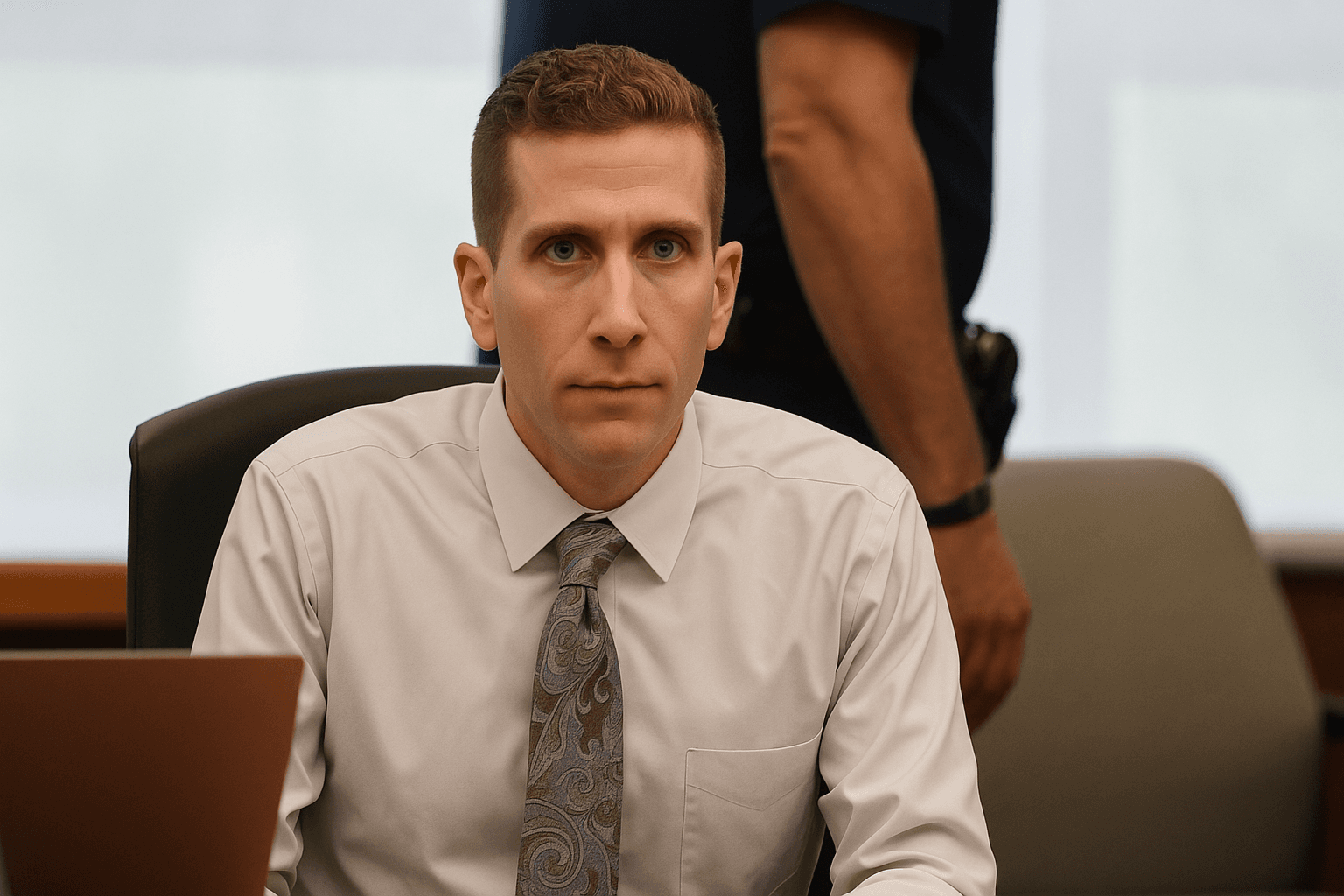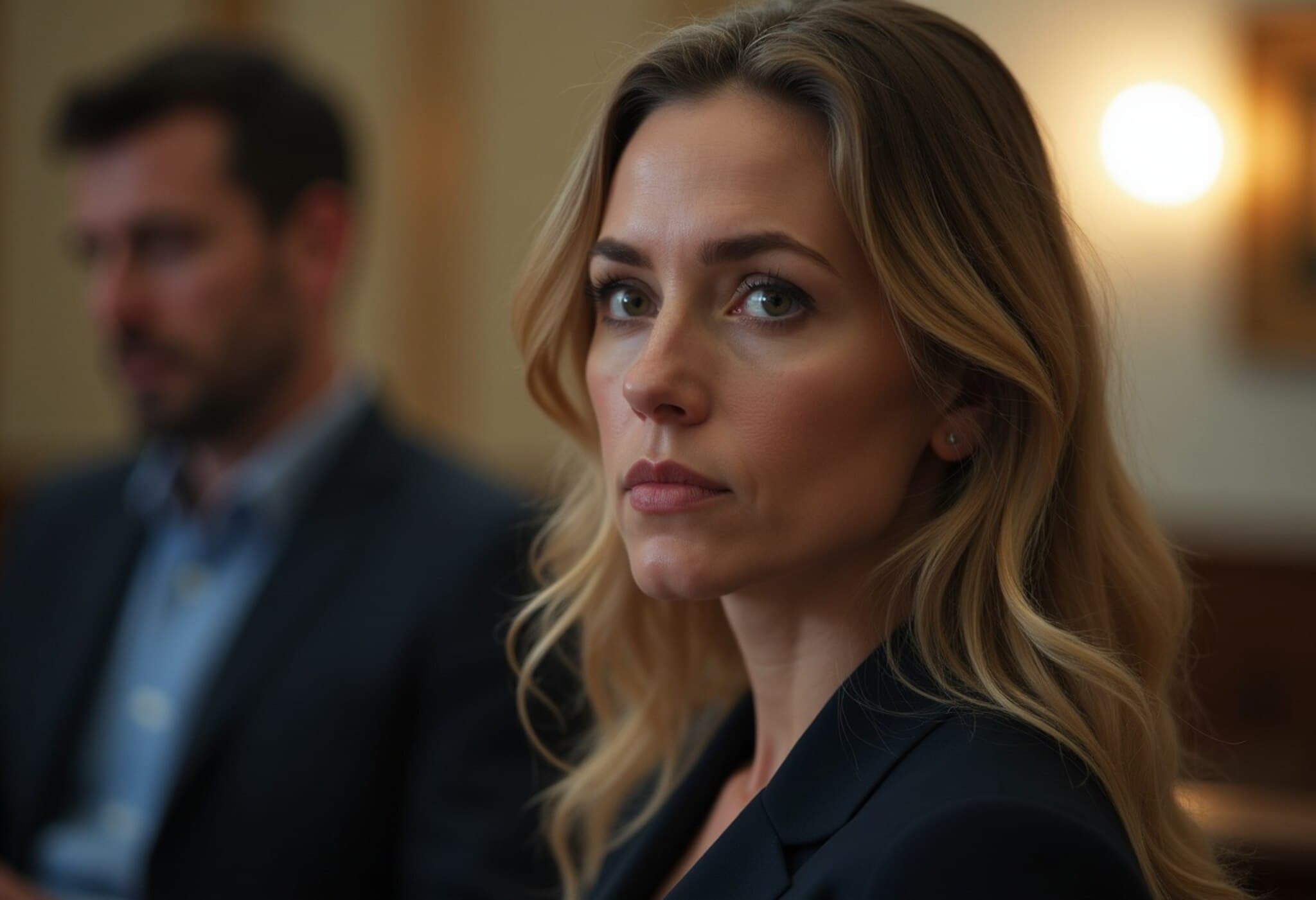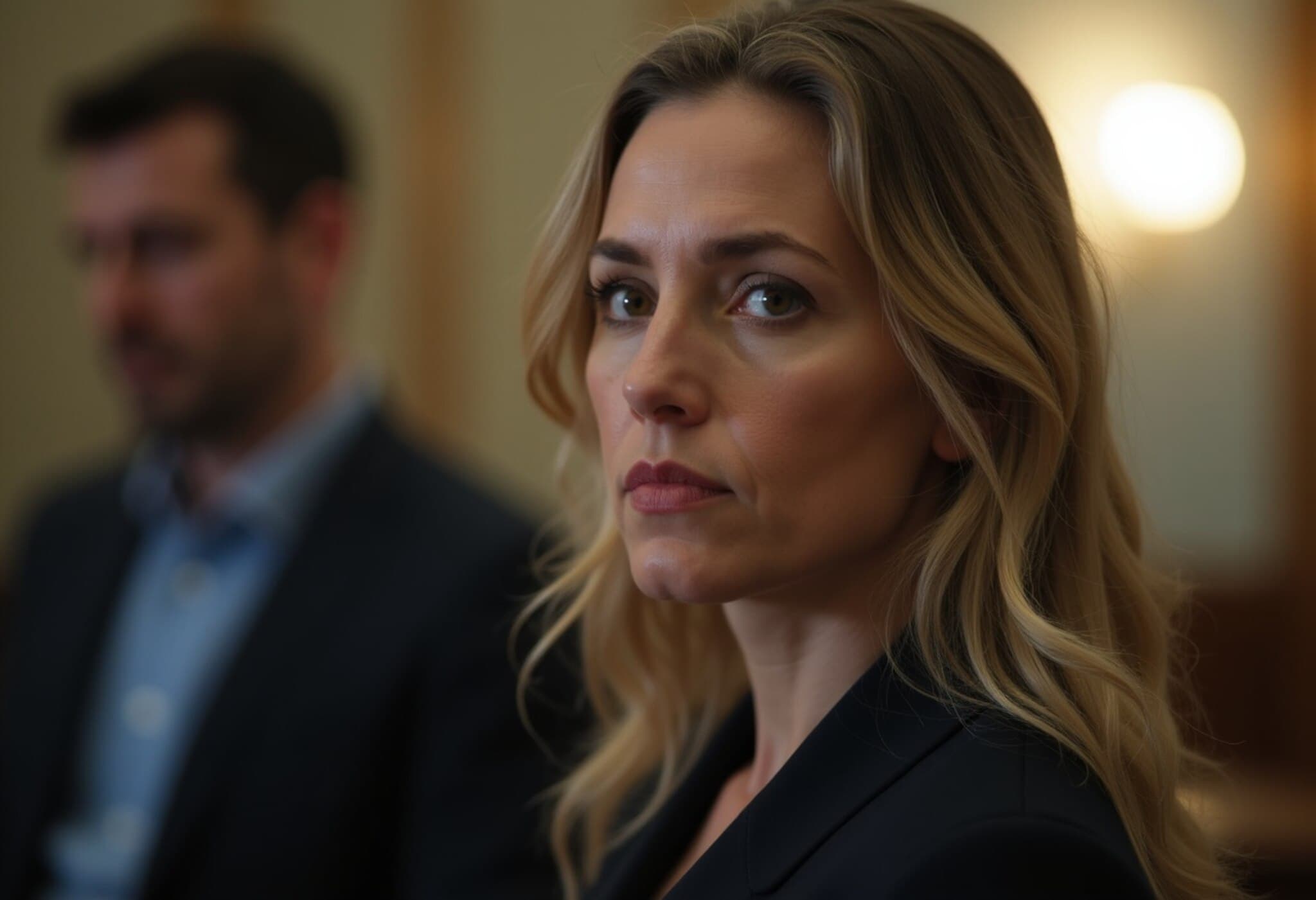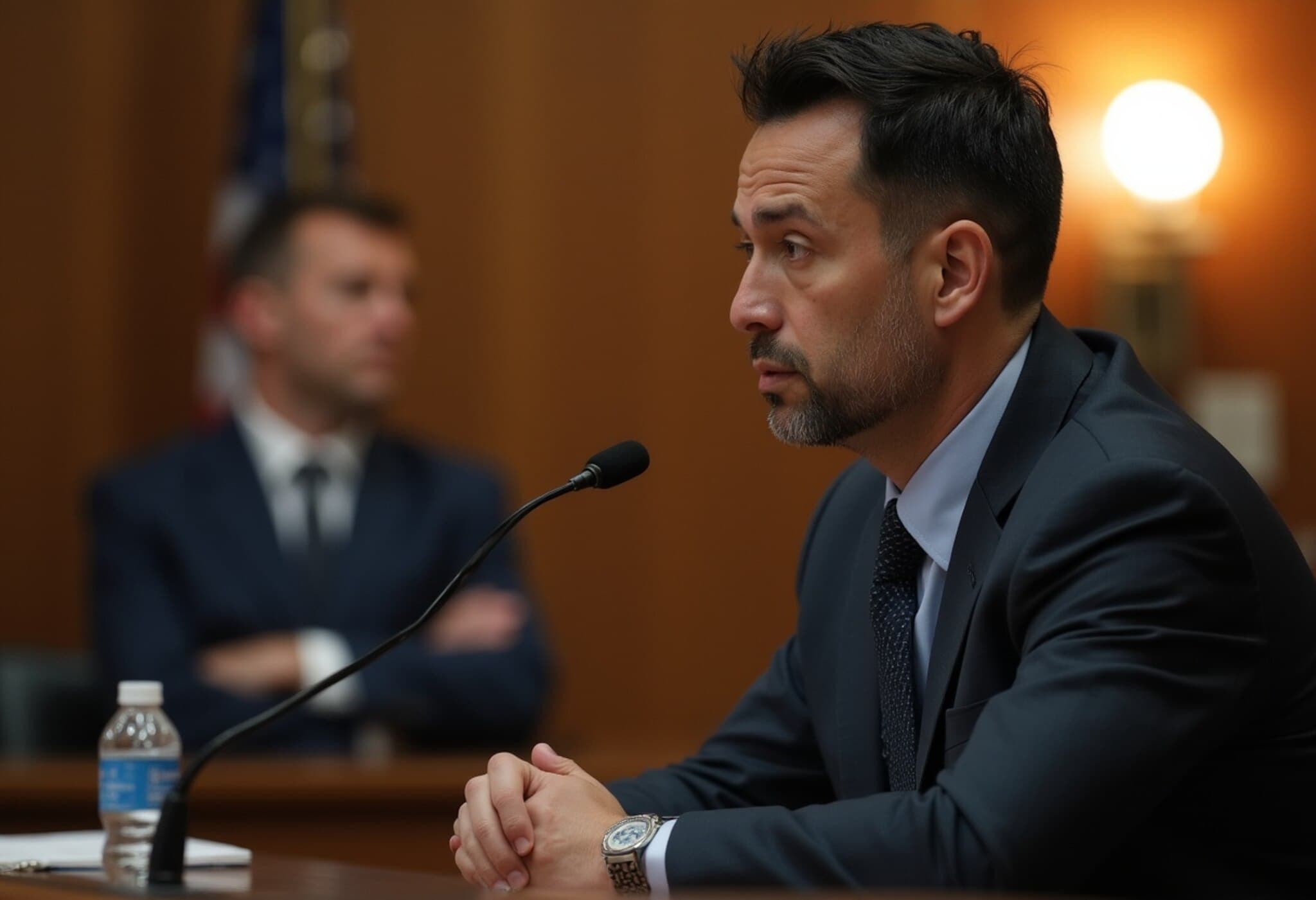Jury Retires to Deliberate in High-Profile Mushroom Poisoning Trial
The jury in the gripping murder trial of Erin Patterson, accused of poisoning relatives with death cap mushrooms in a beef Wellington lunch, has retired to consider their verdict. The case, unfolding over nearly ten weeks in regional Victoria, revolves around the tragic deaths of three in-laws and the attempted murder of a fourth.
The Charges and Key Background
Erin Patterson, aged 50, faces four charges: three counts of murder and one count of attempted murder concerning a July 2023 lunch at her home in Leongatha. The prosecution alleges Patterson knowingly included lethal death cap mushrooms in the meal served to her husband’s parents, Don and Gail Patterson (both aged 70), and Gail’s sister Heather Wilkinson, 66, who all subsequently died. Heather's husband, local pastor Ian Wilkinson, survived after weeks in a coma.
Prosecution's Case: Allegations of Intent and Deception
The prosecution argues that Patterson deliberately poisoned her guests and crafted multiple lies to mislead investigators. Key accusations include fabricating a cancer diagnosis to lure the victims to the lunch, lying to police about foraging wild mushrooms, and destroying evidence, such as a food dehydrator linked to the preparation of the meal.
“She has told so many lies it's hard to keep track,” the prosecutor stated, emphasizing that Patterson’s deception was a deliberate attempt to conceal guilt.
Defense Position: Tragic Accident and Panic
In contrast, the defense insists the inclusion of the death cap mushrooms was an unintentional mistake stemming from pantry confusion. Patterson testified that a mix of store-bought and foraged mushrooms, mistakenly containing the toxic fungi, were used unwittingly. Her lawyers highlighted her close relationship with the victims and argued she had no motive for harm.
Patterson also revealed a long struggle with bulimia and claimed this explained her less severe symptoms compared to other victims. Moreover, she admitted to lying about a cancer diagnosis out of embarrassment over planned weight-loss surgery, not malicious intent.
Jury Instructions and Deliberation Process
Justice Christopher Beale instructed the 14-member jury—later reduced by ballot to 12 after two jurors were dismissed—that their verdict must be unanimous on all charges. He cautioned jurors not to convict solely based on Patterson’s lies, reminding them that people may lie for various reasons unrelated to guilt. Jurors were urged to base their decision entirely on evidence presented in court, free from sympathy or media influence.
The jury is sequestered during deliberations to minimize external influence, residing in supervised accommodation until a verdict is reached.
What the Jury Must Decide
The central questions before the jury include:
- Did Patterson cause the deaths of the lunch guests?
- Was the act deliberate?
- Did she intend to kill or cause serious injury?
- Was there any lawful justification?
The jury must determine whether the poisoning was intentional with murderous intent or a grievous accident, as the defense contends.
Trial Highlights and Witness Testimonies
Throughout the trial, over 50 witnesses testified, including fungi experts mapping the presence of death cap mushrooms in the region and medical personnel describing the victims' symptoms. Ian Wilkinson, the survivor, also provided testimony amid the courtroom proceedings.
Substantial evidence included phone and hospital records, photos of discarded evidence, and Patterson’s own emotional testimony under cross-examination.
A Verdict Awaited Amid Intense Scrutiny
After months of courtroom drama, the community and legal observers await the jury’s decision. The verdict will have profound implications for Patterson and the grieving families involved.
Whatever the outcome, this case has highlighted the dangers of toxic wild mushrooms and the complexities involved when tragedy intertwines with allegations of intent and deception.



















